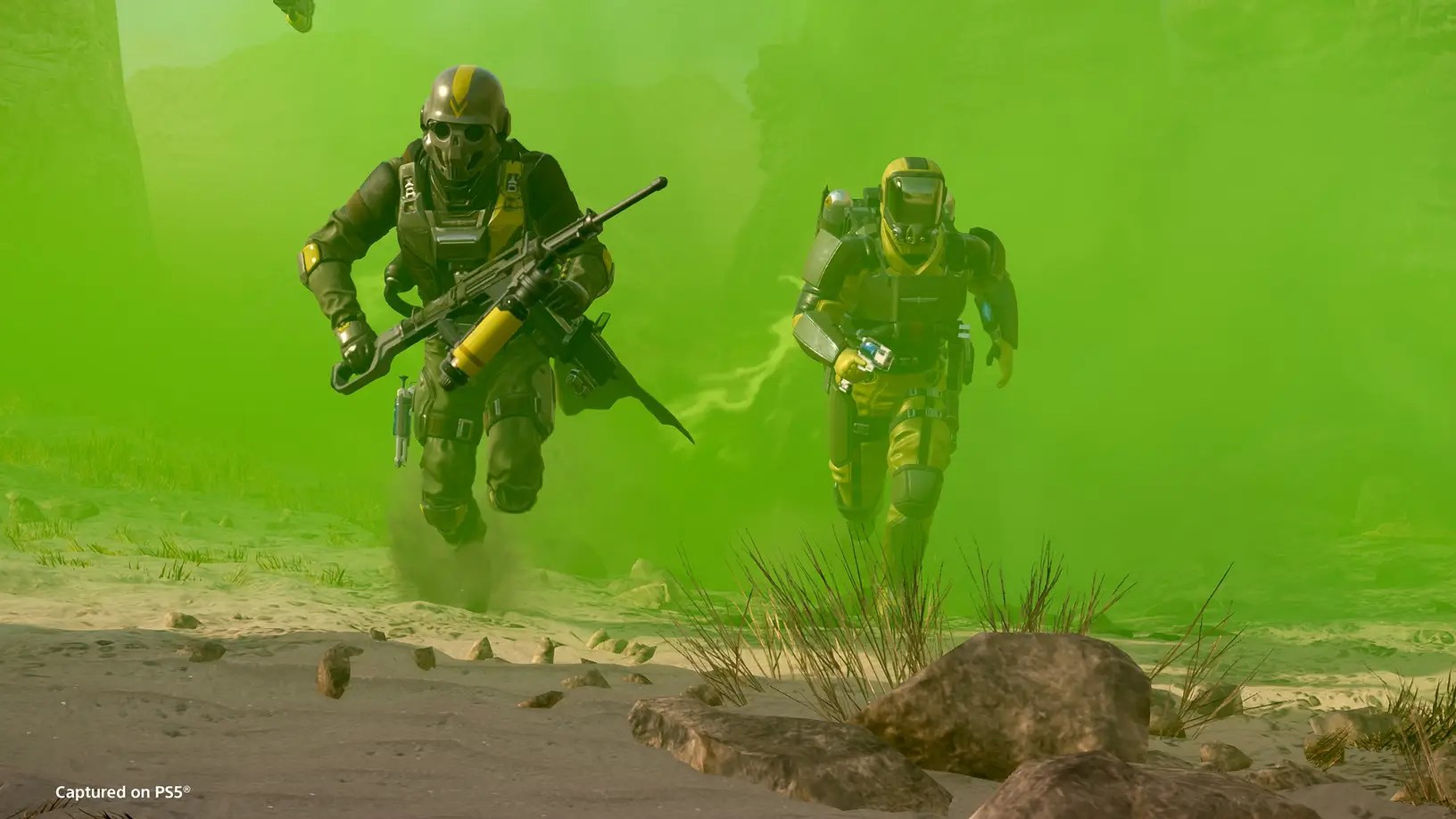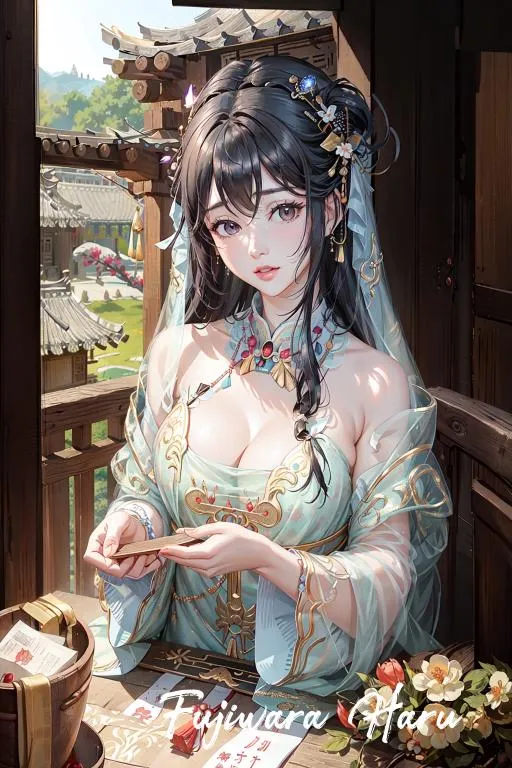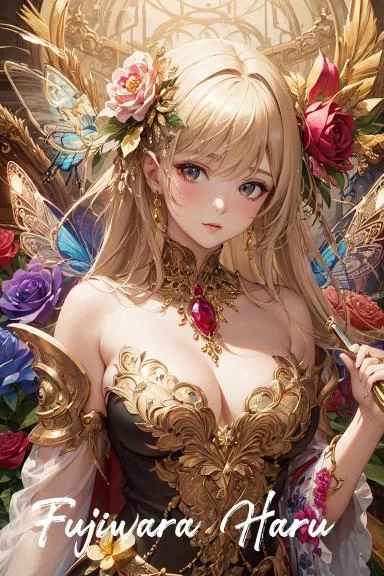Full SPOILERS ahead for Season 6, Part One of The Crown, now streaming on Netflix.
There’s been a sizable amount of online outrage over the ghost of Princess Diana appearing in the fourth episode of Part One of The Crown’s sixth and final season. Except it’s not Diana’s ghost in the show and the viewers and critics truly upset by it are, knowingly or not, revealing more about themselves than they are The Crown, which is simply employing a very old literary device.
Diana and her lover Dodi Fayed do make posthumous appearances in “Aftermath” (scripted by series creator Peter Morgan), but not as supernatural beings as some headlines would have you think. No, each character appears as figments of the imagination, manifestations of the guilt felt by then-Prince Charles and Mohamed Al-Fayed, respectively, for their roles in what led to the 1997 tragedy that claimed the lives of Diana and Dodi.
Charles has an exchange with “Diana” on the flight back to Britain after claiming her remains in Paris. It should be noted that Charles is initially framed sitting alone and it’s not until he initiates a conversation (“Paris. One of the busiest cities in the world and you brought it to a standstill.”) that Diana appears sitting across from him. Charles and Diana share a wistful smile as he recounts how she was always the most beloved member of the royal family. Diana thanks Charles for the raw emotions he showed when viewing her corpse (“I’ll take that with me.”). A teary-eyed Diana also tells Charles how much she “deeply” and “painfully” loved him.
“Well, it’s over now. Be easier for everyone with me gone. … Admit it. You’ve had that thought already.” A weepy Charles says the only thought he’s had since hearing the news of Diana’s death is regret. A smiling Diana replies, “That will pass.” He assures her it won’t and a look of comfort and kindness (or perhaps satisfaction?) crosses Diana’s face. He takes a deep breath and the scene – which had framed their exchange in over-the-shoulder shots – cuts back to a wider shot of Charles sitting alone on the plane. This change from subjective framing to objective framing makes it clear there was never any ghost there.
The dialogue, the performances, and the framing all drive home that Charles was not visited by a supernatural being but rather a figment of his grief-stricken mind as he wrestles with guilt over their failed marriage and her untimely death. But a closer examination of what’s said between Charles and “Diana” in the scene also reveals it’s not just Charles mulling regret but also assuaging his ego and needs. (Diana even tells him how handsome he looked while grieving over her body.)
It should be noted that a figment of Diana appears twice in this episode, showing up in a later scene at Balmoral Castle as Queen Elizabeth watches news coverage of Diana’s death. Unlike her scene with Charles, Diana here is more akin to a pep talk for the Queen to give her subjects what they need and want in this moment of national mourning.

Later, Dodi appears to his bereaved father Mohamed Al-Fayed shortly after being buried. And as the specter of Diana was to Charles, Dodi is not a ghost but a manifestation of the guilt he feels. The Crown depicts Mohamed pushing his weak-willed son into a relationship with Diana and even siccing the relentless paparazzi on them, all of it in service of his lifelong goal to gain a foothold within Great Britain’s most powerful and respected institutions. He wants to believe his son and Diana were in love and going to get married but the show, through creative license, takes the stance that the couple, who had only been dating a few weeks when they died, were neither, despite Dodi’s attempted proposal.
Rather than accept his culpability in creating the frenzied media circumstances that led to the paparazzi chasing his son and Diana to their doom, Mohamed falls back on blaming others and seeing himself as a victim. The scene reveals that the royal family denied Mohamed’s overtures and condolences and cut his son out of the narrative they’re crafting for Diana’s memorial.
“Why do they hate me? Is it the fate of Arabs to always be hated by the West?” Mohamed wonders aloud before the figment of Dodi appears sitting across from him. From his first appearance as a younger man in Season 5 until this scene, Mohamed has been hellbent on winning the respect of the colonial powers represented by the British royal family. But they never have and never will give him what he wants. “Dodi” drives this home to him while pointing out that he is being called a hero across the Arab world.
“Exalted expectations are not fair. They can never be fulfilled,” Dodi tells Mohamed. But rather than accept the truth, Mohamed again escapes into needing things to be grander than they are, calling his late son “perfect.”
“No, I wasn’t. Be honest about who I was. Because wounds will only heal with the truth,” Dodi says. We then see Mohamed sitting alone in his office, just as we saw Charles by himself on the plane. Neither man was visited by a ghost, just by their consciences.
Whether Charles or Mohamed truly heed what the figments of their imaginations told them is up to the viewer but, gauging from some of the blowback this episode has received in the press and online, it seems lost on many that the posthumous appearances of Diana and Dodi were a literary device meant to reveal the inner turmoil of other characters and not the employment of Force Ghosts (where, in Star Wars, living characters indeed interact with the dead). The figments of Diana and Dodi in The Crown are more akin to Ben Solo interacting with the memory of the father he killed than Luke Skywalker getting advice from dead Jedi masters.
While The Crown didn’t go this route, the ghost of Princess Diana speaking to Charles has been done before in Mike Bartlett’s 2014 play, and subsequent BBC TV adaptation, King Charles III. In fitting with its Shakespearean riff on a then-speculative reign of Charles III, Bartlett uses Diana as a supernatural agent to sow the seeds of discord between Charles and his son William. Unlike The Crown, which is far more accessible and mainstream than Bartlett’s play and its TV adaptation, King Charles III didn’t arouse anywhere near the level of vitriol and shaming now levied against Peter Morgan’s show.
Why is it that so many viewers and critics have been so upset by the posthumous appearances of Diana and Dodi on The Crown? Yes, the events depicted in these last few seasons are more recent and lodged in the popular consciousness than those of the first three seasons, and what people find in good taste or not is entirely subjective. But I would argue that there’s a more upsetting and personal reason for this reaction to “the ghost of Diana” in The Crown’s final season: it speaks to the viewers and media’s collective culpability and guilt in the saga of Diana.
People watched her wedding to Charles, her standing on the balcony of Buckingham with her newborn sons, and her interview with Martin Bashir. They read the tabloids or saw the photos, watched the news, bought the tell-all books, formed opinions, and took sides during the royal couple’s globally publicized split. And they watched The Crown and many other films and shows about the British royal family.
The viewers and the media then weren’t just witnesses to this fairy tale-to-tabloid-to-tragedy saga; they were participants and instigators, consumers and commentators. Many people fed this particular beast, including Diana herself. So by The Crown having her posthumous self – frozen in time as beautiful and charming as we remember her – essentially look us in the eye, it triggers an upsetting reaction. Just as Charles and Mohamed are left in their respective scenes, viewers and critics are now confronted with a personal reckoning and, like those characters, time will tell if they heed this call or rationalize it away just to ameliorate their pain.
In the words of Peter Morgan’s Charles to his imagined Diana, “It was ever thus. You were always the most beloved of all of us.”







